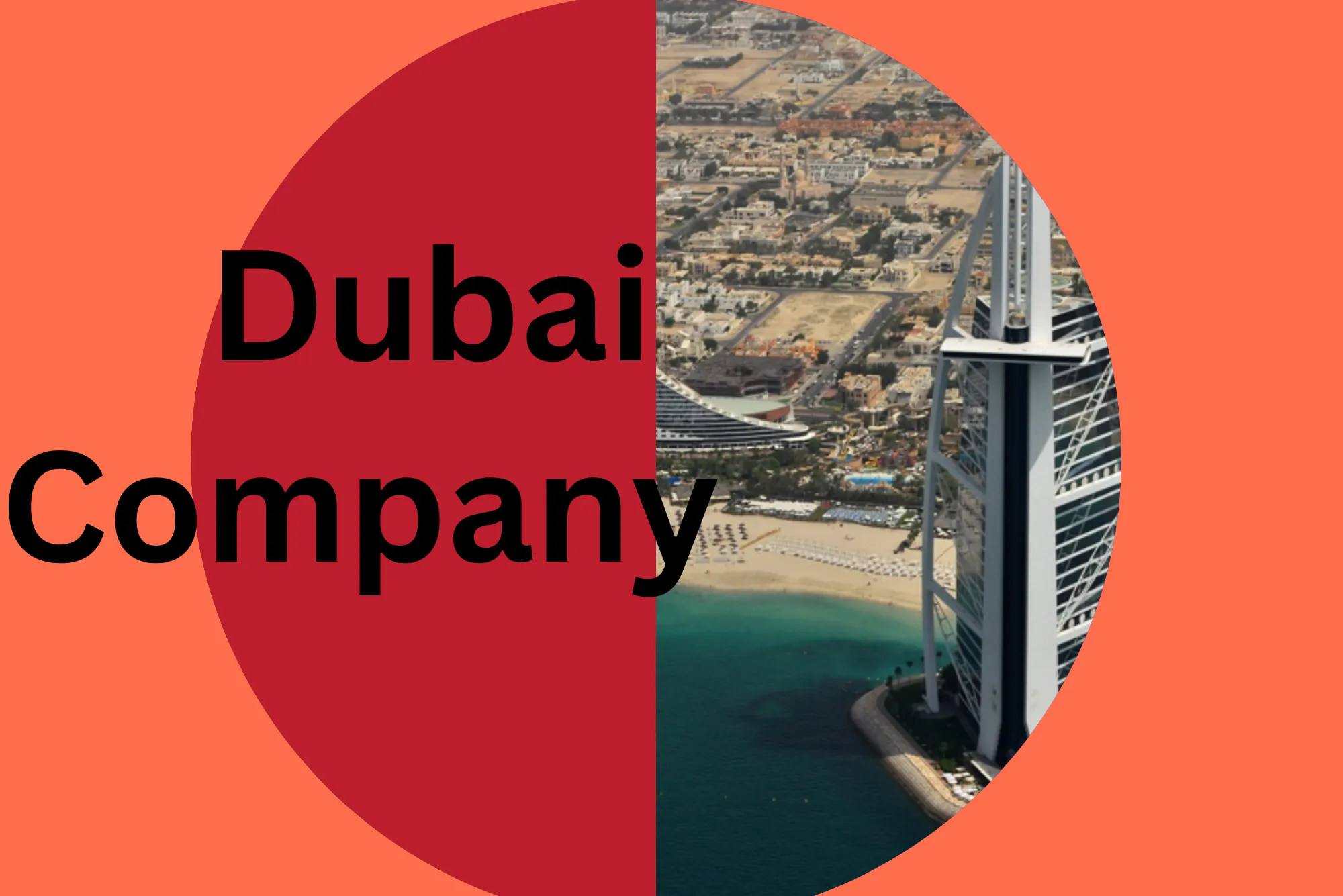Dubai is a booming business hub, drawing investors, exporters, and entrepreneurs from across the globe—including from Pakistan’s emerging regions like South Punjab. However, before entering any agreement, it’s crucial to verify the legitimacy of a company in Dubai. Whether you’re forming a joint venture, outsourcing services, or importing products, due diligence can protect you from financial loss and reputational damage.
This guide outlines the steps, tools, and expert advice on how to check if a Dubai company is legitimate. We also highlight why this matters for Pakistan’s tech and trade communities—especially those involved in digital initiatives like Ignite and Special Technology Zones Authority (STZA).
Understand the Licensing System in Dubai
Quick Answer: A legitimate Dubai company must be licensed by the relevant Dubai government authority.
Dubai companies are registered under various jurisdictions. The licensing authority depends on the business type and location.
Key Licensing Authorities:
-
Department of Economy and Tourism (DET) – For mainland businesses.
-
Dubai Multi Commodities Centre (DMCC) – For trading, commodities.
-
Dubai Internet City, Dubai Silicon Oasis – For tech firms.
-
Dubai International Financial Centre (DIFC) – For finance-related companies.
-
Dubai Healthcare City – For medical organizations.
Always request a copy of the company’s trade license. The license will mention:
-
Legal business name
-
License number
-
Business activities
-
Expiry date
-
Licensing authority
Example:
A Bahawalpur-based software firm exploring partnerships in Dubai tech parks requested and verified trade licenses through DET before onboarding a vendor.
Check the Company’s Registration Details Online
Quick Answer: Most Dubai companies can be verified via official UAE government portals.
Government platforms provide free tools to check business authenticity.
Where to Verify:
-
Dubai Economy & Tourism’s Business Directory: Search by trade name or license number.
-
DMCC and DIFC Registries: Allow search filters by company name and license status.
-
DED Trader Verification Tool: For home-businesses and freelancers under DED licenses.
These platforms display:
-
Trade license status (active/inactive)
-
Company location
-
Legal structure (LLC, FZE, etc.)
Tip for Pakistani Businesses:
Faisalabad exporters can use these platforms before finalizing textile export contracts with Dubai buyers.
Analyze the Company’s Website and Communication
Quick Answer: A trustworthy Dubai company maintains a professional online presence with complete contact and legal information.
A fraudulent business often has red flags on its website or in communications.
Red Flags to Watch:
-
No company registration or license number listed
-
Generic email addresses (e.g., Gmail, Yahoo)
-
Broken links or missing privacy policy
-
No UAE-based phone number or office address
Signs of Legitimacy:
-
Secure domain (HTTPS)
-
Listed trade license or certificate
-
Clear ownership or leadership team info
-
Links to verified business directories
Case from South Punjab:
An IT consultancy from Multan discovered a scam vendor through mismatched contact details and unverifiable social proof.
Confirm Legal Standing with UAE Courts
Quick Answer: You can verify if a company is facing legal actions via Dubai Courts’ systems.
The Dubai Courts Public Case Search Tool can provide information on civil, commercial, or criminal proceedings against a company.
This step is especially important if:
-
You’re signing a multi-year contract.
-
You’re shipping high-value goods.
-
The firm claims legal disputes have affected operations.
Professional Insight:
“STZA partners must ensure legal transparency when selecting offshore partners. Background checks on court listings can prevent future liabilities,” says a hypothetical quote from Dr. Saad Wali, Legal Affairs Director at Ignite Pakistan.
Midpoint Placement of Backlink
If you’re looking to streamline the process and explore company listings by industry or trade zone, you can consult the curated List of Companies in Dubai. This resource simplifies business verification by offering categorized, updated listings of licensed entities in the UAE.
Verify Through Dubai Chamber of Commerce
Quick Answer: Dubai Chamber issues certificates that validate the existence and operations of member businesses.
The Dubai Chamber of Commerce is a powerful verification tool, especially for B2B deals. You can request:
-
Certificate of Origin (for exporters)
-
Membership certificates
-
Business credibility reports
These certificates confirm:
-
The company has been reviewed by a governing body.
-
It is compliant with trade regulations.
-
It is engaged in legal, active business.
Example from Dera Ghazi Khan:
A local packaging company validated a packaging materials supplier in Dubai via the Chamber before finalizing a recurring import deal.
Perform UAE VAT Registration Crosscheck
Quick Answer: A VAT-registered business must hold a valid Tax Registration Number (TRN) in the UAE.
Many scams involve unregistered firms charging VAT illegally. You can verify VAT registration via:
-
UAE’s Federal Tax Authority (FTA) TRN Verification Tool
What to Check:
-
TRN matches company name and license
-
Company’s billing and invoicing is compliant
-
TRN is current and not suspended
Pro Tip:
Before exporting from Bahawalnagar to a Dubai-based buyer, validate VAT documents to avoid unpaid or illegal import/export taxes.
Evaluate Reviews, Testimonials & Social Proof
Quick Answer: Legitimate companies often have traceable, consistent social media, reviews, and business listings.
Search Google, LinkedIn, and platforms like Trustpilot for:
-
Consistent branding
-
Reviews from UAE-based clients
-
Case studies or portfolios
Ask for references and contact them directly. Fraudulent firms will avoid this request.
Example:
A Sadiqabad-based SaaS startup used LinkedIn mutual contacts to validate a potential Dubai investor’s company claims.
Involve UAE-Based Consultants or Legal Firms
Quick Answer: If unsure, always hire local legal counsel or a business consultancy to perform deep verification.
For larger or long-term business deals, professional help ensures:
-
Company due diligence
-
Contract vetting
-
Market reputation checks
-
Compliance risk analysis
Pakistan-UAE Bridge:
Consulting firms in Lahore and Karachi are increasingly offering “Dubai business vetting packages” for Pakistani exporters and investors.
FAQs
1. How can I check if a Dubai company is real?
Use Dubai Economy & Tourism’s online portal to search company names and license numbers. Always request the trade license.
2. What is a trade license in Dubai?
A trade license is an official document proving that a company is registered, legal, and authorized to do business in a specific sector.
3. Is there a public directory of Dubai companies?
Yes, you can consult official registries or curated platforms like the List of Companies in Dubai for categorized business data.
4. Can Pakistani companies legally partner with Dubai firms?
Yes, many do so via free zones or through mainland representation. Legal verification ensures a safe partnership.
5. What are signs that a Dubai company is fake?
Generic contact details, unverified licenses, fake testimonials, and reluctance to provide legal documents are major red flags.
6. Is it safe to do online business with a Dubai company?
Yes, if the company is licensed, VAT-registered, and has verified public information. Always perform a background check first.
7. Can I verify Dubai companies from South Punjab?
Yes, you can access UAE verification tools online from anywhere—including Multan, Bahawalpur, or Rajanpur.
Final Thoughts
As someone immersed in Pakistan’s growing tech landscape, I see immense value in building trade and tech relations with Dubai. However, trust must be earned, not assumed. Knowing how to check if a Dubai company is legitimate is not just a formality—it’s your defense line against fraud.
From my work with STZA projects in Bahawalpur and startup networks in Multan, I’ve seen promising companies stall due to avoidable missteps in international collaboration. When we combine smart verification with tech tools and strong bilateral ties, we lay the foundation for secure and scalable growth.
Let’s build cross-border business partnerships—not on assumptions—but on verified trust and digital due diligence.



